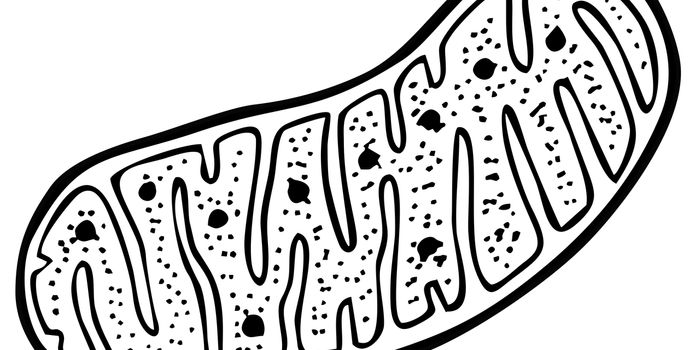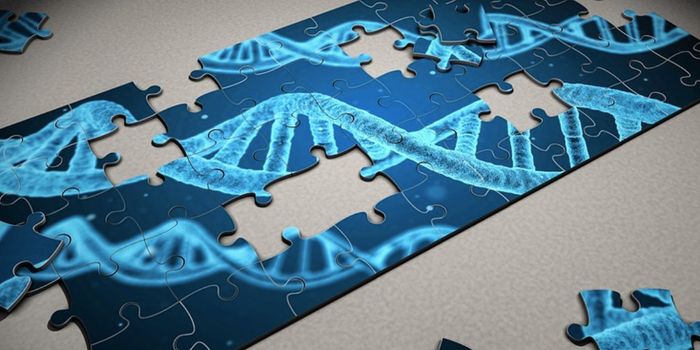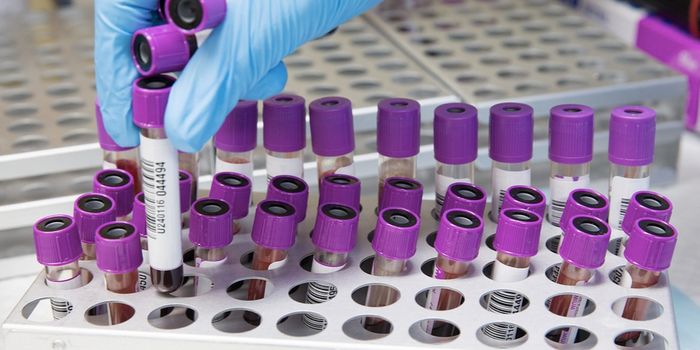I'm addicted to the sun, are you?
New research published in the Journal of Investigative Dermatology reports evidence that some people are genetically predisposed to be addicted to the sun. More specifically, some people are predisposed to sun-seeking behavior like sun-bathing and tanning. This finding suggests the need to consider the role of genetics when assessing individuals with high-risk of sun cancer.
The research comes from a team of scientists at King’s College London that analyzed the genetics and sun-seeking behavior of 2,500 twins from TwinsUK. They found that identical twins in a pair were more likely to have a similar sun-seeking behavior than non-identical twins, demonstrating a genetic influence in the behavior.
The team furthered its investigation by analyzing data from 260,000 participants in order to identify five key genes involved in sun-seeking behavior. These genes are also linked to addiction and behavioral traits such as risk-taking.
"Our results suggest that tackling excessive sun exposure or use of tanning beds might be more challenging than expected, as it is influenced by genetic factors,” commented senior author Dr. Mario Falchi from King's College London. “It is important for the public to be aware of this predisposition, as it could make people more mindful of their behavior and the potential harms of excessive sun exposure."
Dr. Veronique Bataille added: "It is clear that we see individuals who have very unhealthy sun behavior and are fully aware of it. They will continue to expose themselves excessively even if they have clear skin cancer risk factors. Our research shows that genes regulating addiction and other risky behavior are important and may explain some of the reticence in changing behaviors in the sun."
What does this mean in terms of skin cancer risk?
It means that people need to be aware that they could be genetically predisposed to behavior that puts them at a higher risk of developing skin cancer, specifically if they fall within other categories of high risk. Furthermore, say the researchers, this finding should be considered when designing skin cancer awareness campaigns.
Sources: Journal of Investigative Dermatology, Science Daily









